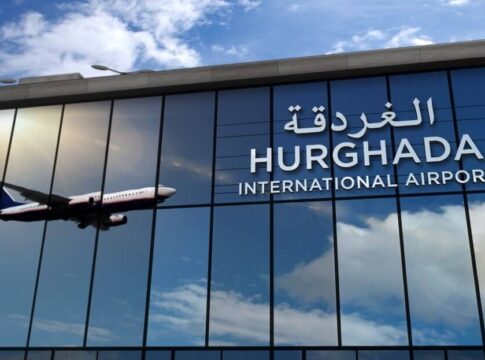Prime Minister Mostafa Madbouly revealed that the country will hand over the management and operation of its first airport to the private sector before the end of 2025. The announcement came during a high-level meeting with Makhtar Diop, Managing Director of the International Finance Corporation (IFC), held on the sidelines of the “Development Finance to Foster Private Sector-Led Growth & Jobs” conference.
This transformative step will see Egypt’s airports—long managed by state agencies—transition to private operators with global expertise. According to Madbouly, the government is already working closely with the IFC to prepare a portfolio of airports for private sector engagement. The first to go under private management will be Hurghada International Airport, a vital hub for Egypt’s booming Red Sea tourism industry.
“This is a significant milestone,” Madbouly stated, “as it will be the first time Egyptian airports are operated by international specialists, allowing us to elevate service quality, boost efficiency, and better connect with global aviation trends.”
IFC Chief Makhtar Diop praised the Egyptian government’s openness to reform and confirmed that a comprehensive privatization strategy for airports will be announced in the coming months. “The bidding process will begin soon,” Diop said, “and we are committed to supporting Egypt in developing a transparent and competitive framework that attracts world-class operators.”
The strategy may involve offering long-term concession contracts to private firms for both management and operational responsibilities, in line with global public-private partnership (PPP) models. These contracts would grant private companies the right to run airport operations, invest in infrastructure, and enhance passenger experiences—all under regulatory oversight. International private management will likely introduce new technology, streamline operations, and help Egyptian airports climb global rankings. Hurghada, in particular, has the potential to become a leading Mediterranean hub if managed efficiently.
The IFC has also expressed interest in supporting Egypt’s tourism sectors through broader cooperation, particularly in niche areas like medical, therapeutic, and cultural tourism—key growth pillars that align with Egypt’s Vision 2030.
Minister of Planning and Economic Development Rania Al-Mashat praised the IFC’s track record in global infrastructure development and emphasized that the government will coordinate closely with the organization to ensure that Egypt’s airport reform agenda is internationally competitive and locally impactful. “We will capitalize on international success stories while tailoring strategies to Egypt’s unique needs,” she said.
This move is part of Egypt’s broader pivot toward private sector engagement and economic liberalization, with the government seeking to reduce its footprint in commercial activity and allow global expertise to enhance national competitiveness.


